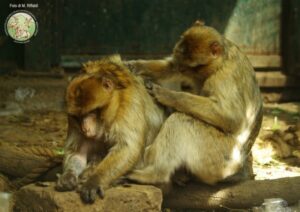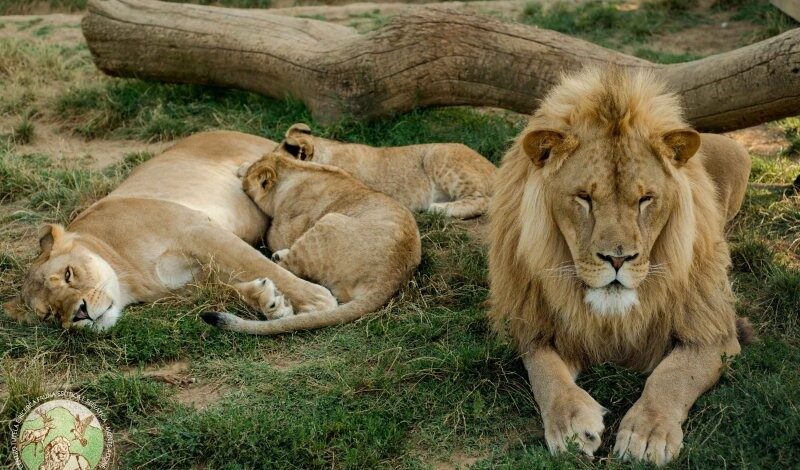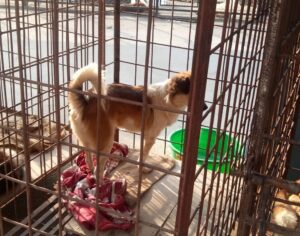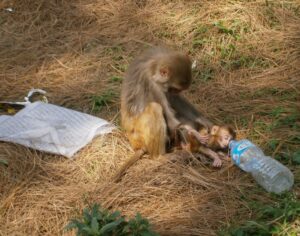THE AWESOME WORK OF THE CENTRE OF MONTE ADONE
The Wildlife Recovery Centre Monte Adone, in the province of Bologna, was born in 1989 at the initiative of Rudi Berti, his wife Mirca Negrini, and their young daughter Elisa. Initially thought as a centre for the recovery of the autochthonous wildlife, in November of the same year it starts also the hosting of exotic wildlife, with the arrival of the first lion cub, abandoned after being exploited for souvenir-photos on the beach.
In 1993, Berti family and a small number of volunteers decided to found the Centro Tutela e Ricerca Fauna Esotica e Selvatica Monte Adone, an ONLUS based mainly on voluntary work (among which also young people from Civil Service) thanks to which the Centre is available 24/7.
DO YOU WANT TO VOLUNTEER AT THE CENTRE?
Are you interested in helping them? They need volunteers. Please contact them!
To be a volunteer is requested a minimum continuative period, that is why the centre guarantees food and accommodation to volunteers. At centre’s activities also participate experts like vets and naturalists, on a voluntary basis or reducing the costs of their services. About the care of autochthonous wildlife, since the 90s, the centre has an agreement with the provincial administration of Bologna and, since 2016, also with the Emilia Romagna Region.
Concerning exotic fauna, that is taken away from illegal trade, the centre is one of the only three facilities in Italy having an agreement with the Ministry of Environment and Protection of Territory and Sea.
WHO HELPS THE CENTRE?
In addition to the agreements with public institutions, the centre manages to carry one his activity also thanks to donations, distance adoptions of hosted animals, support and adherence to the different projects by many people that share his values and aims, as well as the help offered by Coop Alleanza 3.0, which allows recovering food stocks unsold that would be destined to disposal.
In particular, the centre, equipped with a veterinary ambulance and catching gear, offers a first aid service for injured wildlife, which is recovered, rehabilitated, and, after, reintroduced in nature.
Concerning exotic animals, many of them sighted in freedom are reported and recovered directly, meanwhile many others are hosted in response to judicial record and taken away from illicit trade and detention. Their reintroduction in their habitat is almost always impossible, because of their past in contact with humans, because of sanitary reasons, or because in their original place there are not appropriate accommodation centres. When there are no suitable options, these animals become permanent guests. Luckily, during years there have been also joyful cases of return in their original country, such as when, in mid-nineties, a couple of lions belonging to a sub-species declared extinct in the wild, took part in a project of reintroduction in Africa, living their remaining years in partial freedom.
ILLEGAL TRADE
Illegal trade of wildlife (autochthones and exotic) is at fourth place in the world classification of criminal business, and that’s the reason why the centre performs also an informative and sensibilization work addressed to citizens and school groups, organizing private visits on request without asking for any ticket.
 Anyway, this centre must not be considered on par with zoos and faunistic parks: they are different in aims and animals’ accommodation reasons, which are hosted only to be helped and released (and if this is not possible, to subtract them to the suffering of the illegal trade).
Anyway, this centre must not be considered on par with zoos and faunistic parks: they are different in aims and animals’ accommodation reasons, which are hosted only to be helped and released (and if this is not possible, to subtract them to the suffering of the illegal trade).
Thanks to the work of people that dedicate their time and energy not just to animals and their needs, but also to administration activities and other management activities, it is possible to host numerous animals that need cures and rehabilitation.
The effort of this work is not only physical but also emotive, especially when they have to deal with animals that, despite the cures, don’t make it.
Although, it is a reason for great satisfaction too, particularly when an animal is returned to his wildlife and when some exemplars are subtracted from mistreatments, giving him back the respect and dignity due.
This centre and all the centres that operate in support of animals in an ethical way and according to animal ethology must be supported and argued as much as possible.



